Safeguarding information for children, young people and vulnerable adults.
Read the information below and then make your pledge by clicking one of the buttons below
CSE Pledge for Parents CSE Pledge for Organisations CSE Pledge for Young PeopleWhat is CSE?
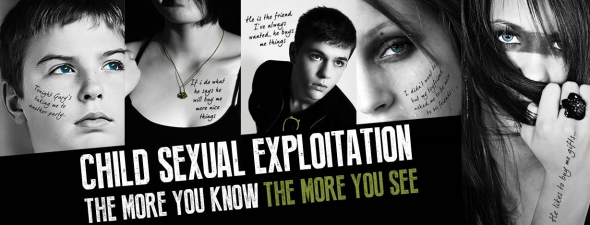
Child sexual exploitation (CSE) is a type of sexual abuse. Children in exploitative situations and relationships receive something such as gifts, money or affection as a result of performing sexual activities or others performing sexual activities on them.
Children or young people may be tricked into believing they’re in a loving, consensual relationship. They might be invited to parties and given drugs and alcohol. They may also be groomed online.
Some children and young people are trafficked into or within the UK for the purpose of sexual exploitation. Sexual exploitation can also happen to young people in gangs.
Child sexual exploitation is a hidden crime. Young people often trust their abuser and don’t understand that they’re being abused. They may depend on their abuser or be too scared to tell anyone what’s happening.
It can involve violent, humiliating and degrading sexual assaults, including oral and anal rape. In some cases, young people are persuaded or forced into exchanging sexual activity for money, drugs, gifts, affection or status. Child sexual exploitation doesn’t always involve physical contact and can happen online.
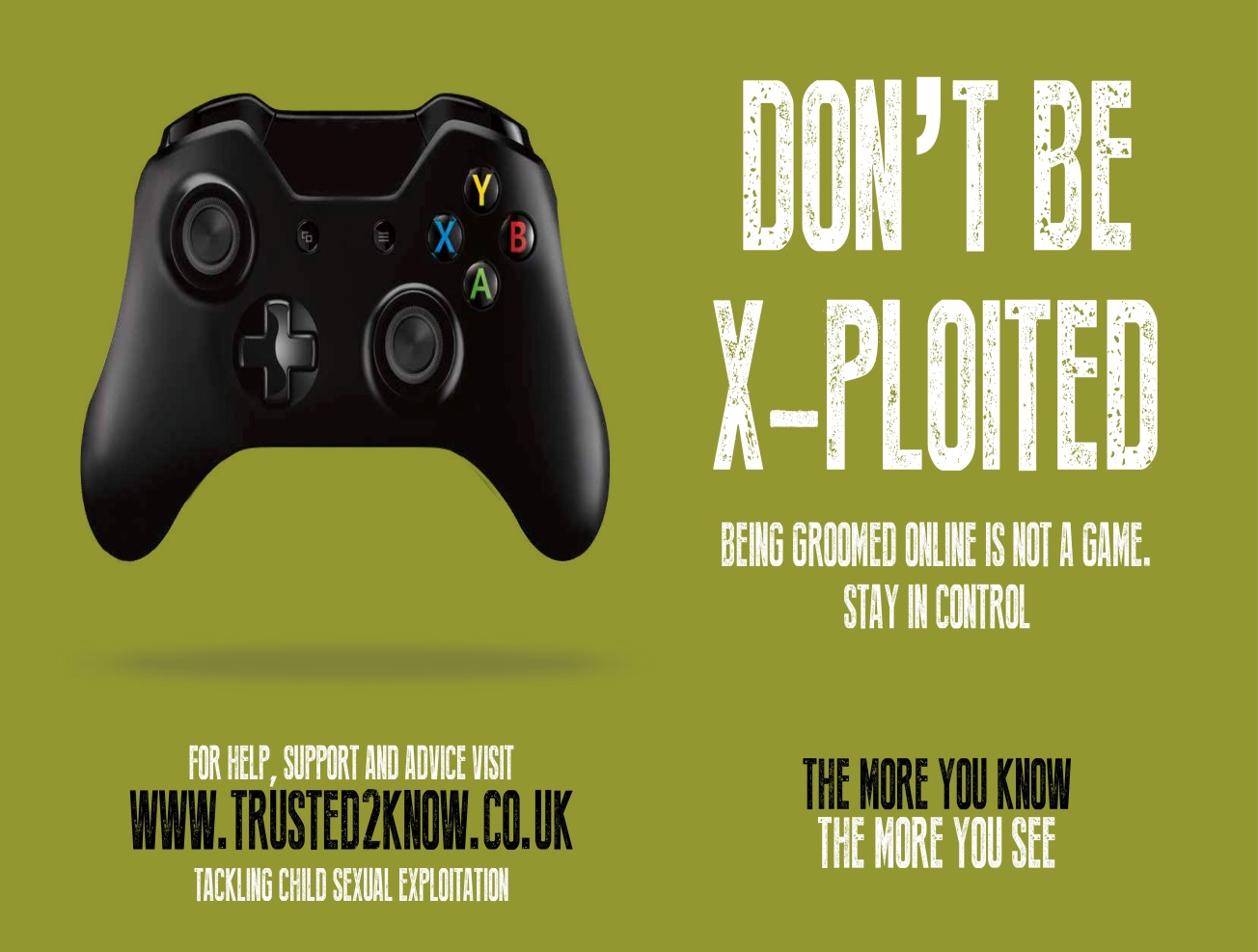
Signs of CSE
- Skipping school or being disruptive in class
- Experiencing health problems that may indicate a sexually transmitted infection
- Having mood swings or changes in temperament
- Going missing for periods of time or regularly returning home late
- Displaying inappropriate sexualised behaviour such as over-familiarity with strangers, dressing in a sexualised manner or sending sexualised images by mobile phone (“sexting”)
- Shows signs of unexplained physical harm
- Appearing with unexplained gifts or possessions that can’t be accounted for
- Relationships with older peers or adults
- Using drugs and/or alcohol
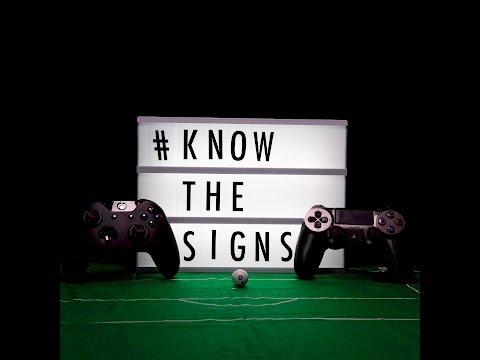
How to protect young people
- Helping children to understand their bodies and sex in a way that is appropriate for their age
- Developing an open and trusting relationship, so they feel they can talk to you about anything
- Explaining the difference between safe secrets (such as a surprise party) and unsafe secrets (things that make them unhappy or uncomfortable)
- Teaching children to respect family boundaries, such as privacy in sleeping, dressing and bathing
- Teaching them self-respect and how to say no
- Supervising internet, mobile and television use
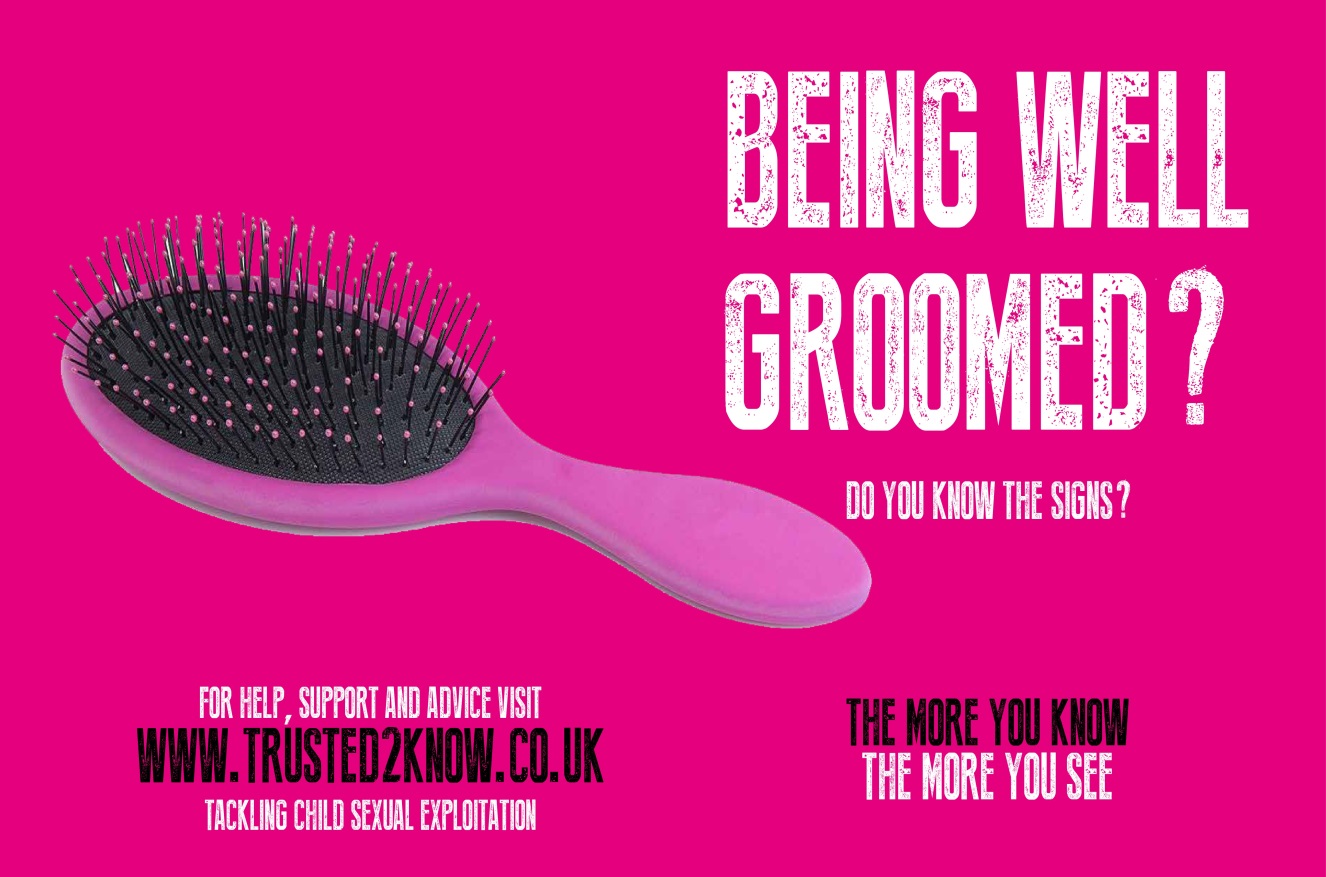
What is Safeguarding?
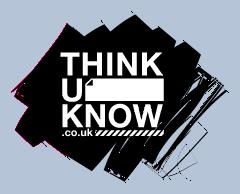
Safeguarding is the action that is taken to promote the welfare of children, young people and vulnerable adults and protect them from harm.
Safeguarding means:
- protecting children, young people and vulnerable adults from abuse and maltreatment
- preventing harm to children, young people and vulnerable adults’ health or development
- ensuring children and young people grow up with the provision of safe and effective care
- taking action to enable all children, young people and vulnerable adults to have the best outcomes.
Online & Social Media
A message from Lancashire police:
We’re receiving reports of wild Pokémon appearing all across Lancashire, and we’ve #gottacatchemall!
If you’re “GO”ing hunting, know someone who is, or are a proud and responsible parent/guardian of a budding Pokémon Trainer; here’s some tips in order to ‘prepare for trouble’ and ensure everyone stays as safe as possible whilst filling up their Pokédex:
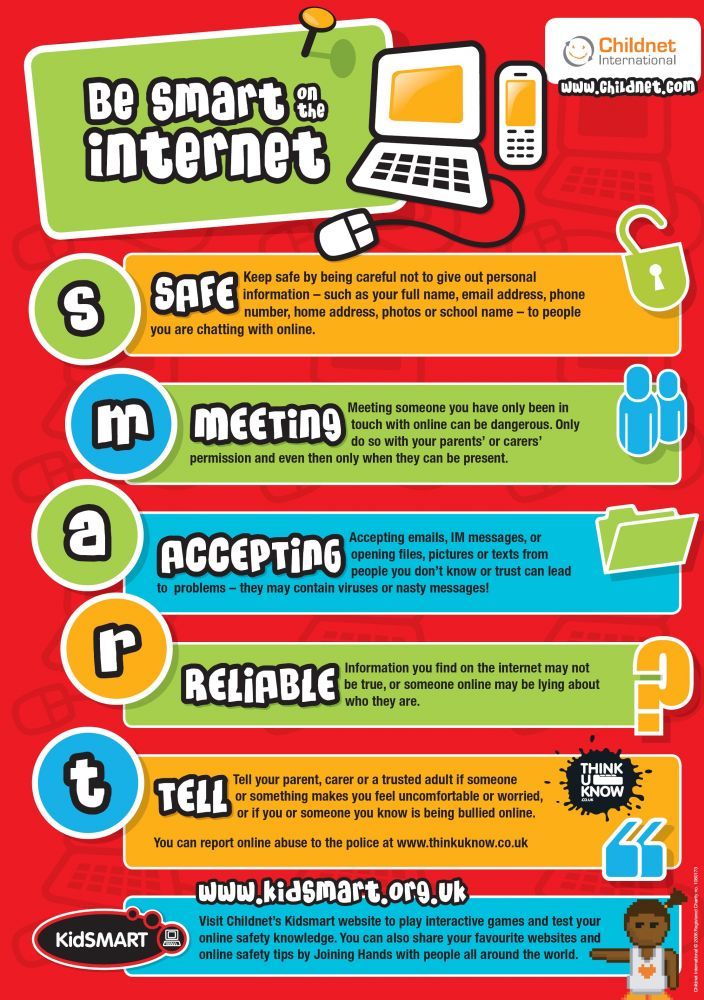 Communicate with your family or friends to let them know where you plan on going and what time they should expect you back home.
Communicate with your family or friends to let them know where you plan on going and what time they should expect you back home.- If you’re using the app in a public place, stay alert to what is going on around you – and who is around you.
- Don’t trespass on private land or put yourselves and others at risk whilst using the app. Avoid potentially dangerous locations that could make you more vulnerable to injury or becoming a victim of crime.
- Respect the wishes of local residents and businesses who aren’t happy to have been automatically selected to be local Pokéstops or Gyms.
- The app quic
kly drains mobile phone battery, so be sure to conserve enough battery life and/or take a charging pack with you in order to make emergency calls if necessary. - Download Google Maps over WiFi beforehand to use in ‘Offline Mode’ to avoid surprise bills from your mobile data provider.
Happy Hunting!
PC Hesketh
#digicops evolved into #pokécops !
- For more information please visit https://www.nspcc.org.uk/preventing-abuse/keeping-children-safe/online-safety/pokemon-go-parents-guide/
Useful Phone Numbers
- Blackpool Safeguarding Adults Board – 01253 476931
- Blackpool Safeguarding Childrens Board – 01253 477025
- Worried about an Adult? Adult Social Care – 01253 477592
- Worried about an Adult? (emergency out of hours) – 01253 477600
- Worried about a Child? (available 24 hours) Children’s Social Care – 01253 477299
- Worried about a Child or Adult? If the Child or Adult is in immediate
danger –999 - Childline – 0800 11 11
- NSPCC- 0808 800 5000
Useful Websites


You must be logged in to post a comment.